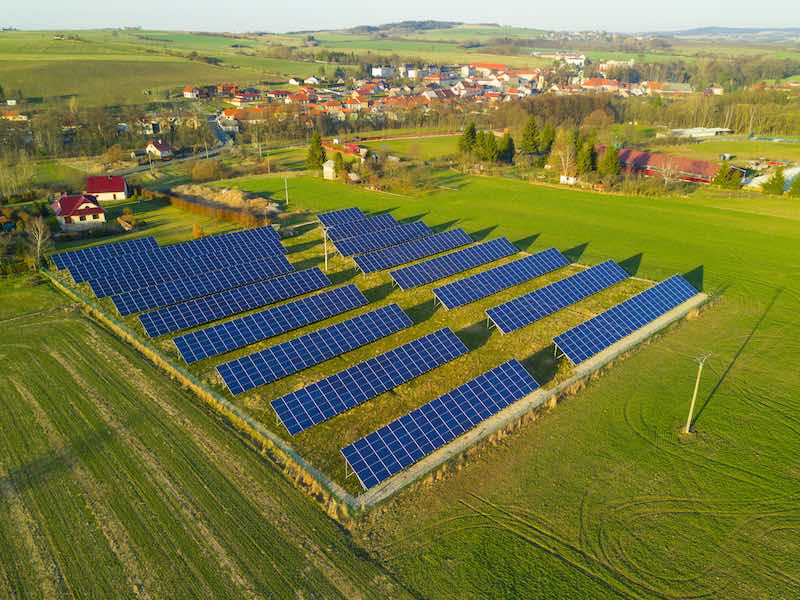Coronavirus May Depress Power Prices Until 2025

Economic turmoil could depress power prices across the EU for years and while consumers will see savings on their energy bills, renewable projects could stall.
The wholesale price of electricity has already cratered across Europe, falling by an average of between 30 and 40% since lockdown measures were introduced to limit the spread of COVID-19. In the UK prices fell by 21% during the week of 23 March, when Britons were instructed to shelter in place. The impact has been still greater in countries more reliant on gas for power generation.
Wholesale energy prices could remain depressed until 2025, under the worst scenario modelled by Aurora Energy Research.
The analysts modelled four economic fallouts of COVID-19 across seven EU countries, including the UK, Italy, France, Germany, Spain, the Netherlands and Poland. Under the most optimistic scenario, mild recession, energy prices recovered by 2022. The impact was more severe in the three other scenarios—severe recession and two depression models.
The plunge in electricity prices has followed a slump in electricity demand, as quarantine measures shuttered large energy consumers like factories and other workplaces. In the UK, electricity consumption is forecast to be down 20%, according to National Grid.
The modelling also took into account the duration of lockdown measures, supply, commodity prices and investment and financing.
While consumers can eventually expect to see falling wholesale prices passed on to them in cheaper energy bills and a possible adjustment of the energy price cap, depressed power prices could slow the development of renewable projects and jeopardise climate goals.
Aurora Energy Research has predicted the renewable energy projects will be the hardest hit by declining prices. Subsidised projects will see part or all of their revenue protected by the government, such as through the UK’s Contracts for Difference (CfD) scheme. However, plummeting revenues—modelled to fall by 20 to 50% for some generators—could harm existing renewable projects and slow the development of new installations.
The firm has predicted that 34GB of renewable capacity under development across Europe could be at risk.
Felix Chow-Kambitsch, head of commissioned projects - Western Europe at Aurora Energy Research, said: “The effect of Coronavirus has rippled through European energy markets—significantly reducing demand and prices of gas and electricity.
“European power utilities are likely to experience a significant fall in revenues in 2020, with merchant-exposed renewables schemes significantly affected.”
Aurora Energy Research's warnings echo those from GlobalData, which last week forecast that new wind installations in the UK would be 20% lower this year than previously predicted and down 60% from 2019.
However, renewables have seen an early boom from the coronavirus restrictions. Solar power reached a new generation record in the UK last Monday, boosted by cool, sunny weather; falling air pollution; and lower demand, which led to the grid prioritising cheaper green power over fossil fuels. Wind power has also been hitting new heights, generating 40% of the UK’s power during a weekend in early April—generating so much that supply outstripped demand and some customers were paid to use electricity.
However, if output continues to outpace demand, renewable projects could see themselves disconnected from the grid to stabilise it. Last week, National Grid released its strategy for handling a glut of energy supply, including issuing flexible windfarms notices to disconnect a short notice. Many renewable installations can be disconnected from the grid more quickly than fossil fuel and especially nuclear power stations, which take hours to shut down safely.
Read on our blog

With the government poised to implement tough new measures to...

Budget broadband provider TalkTalk has been notifying customers via email...

A year-long investigation by charity Citizens Advice has revealed a...

Education Secretary Nadhim Zahawi has announced a new commitment to...
